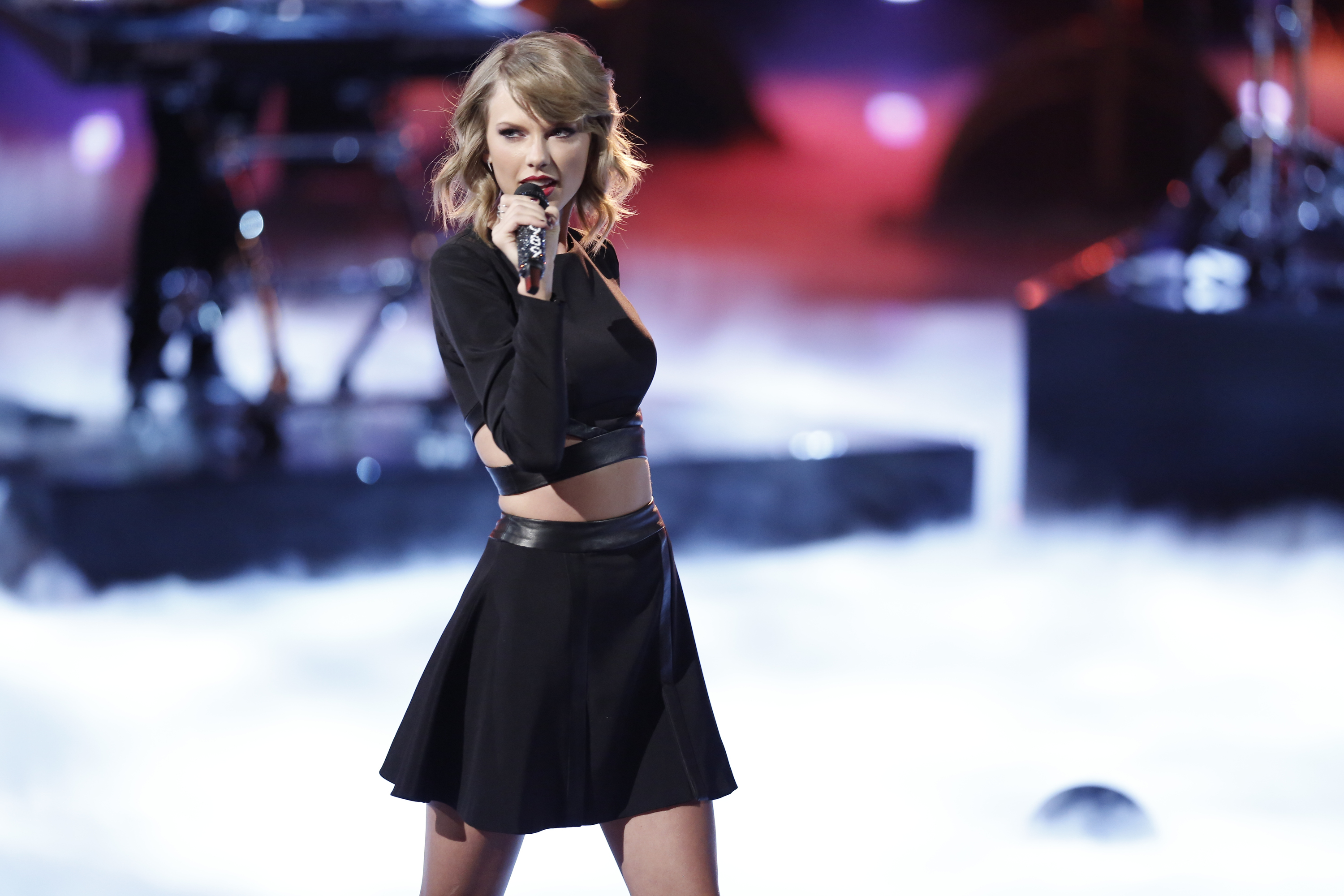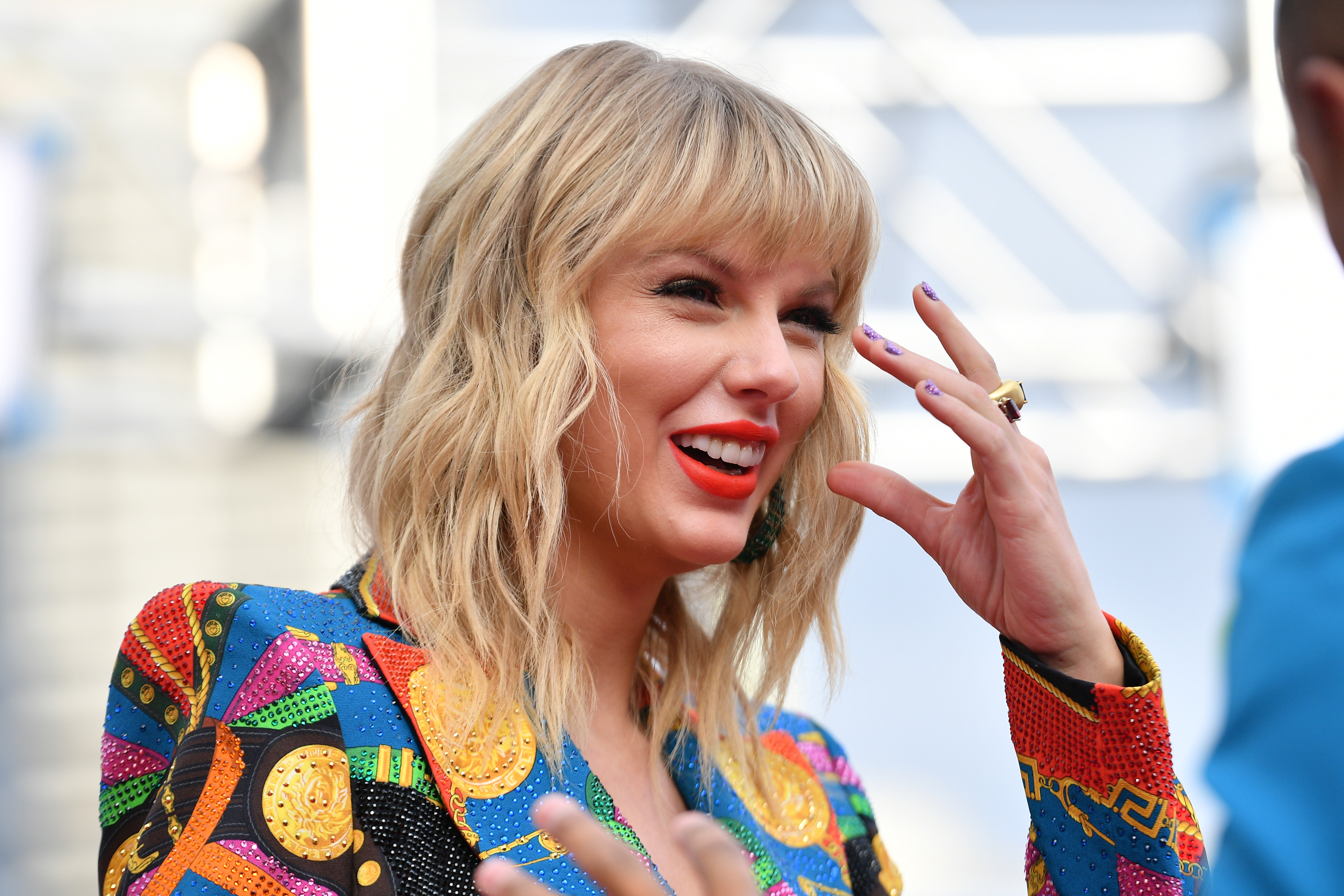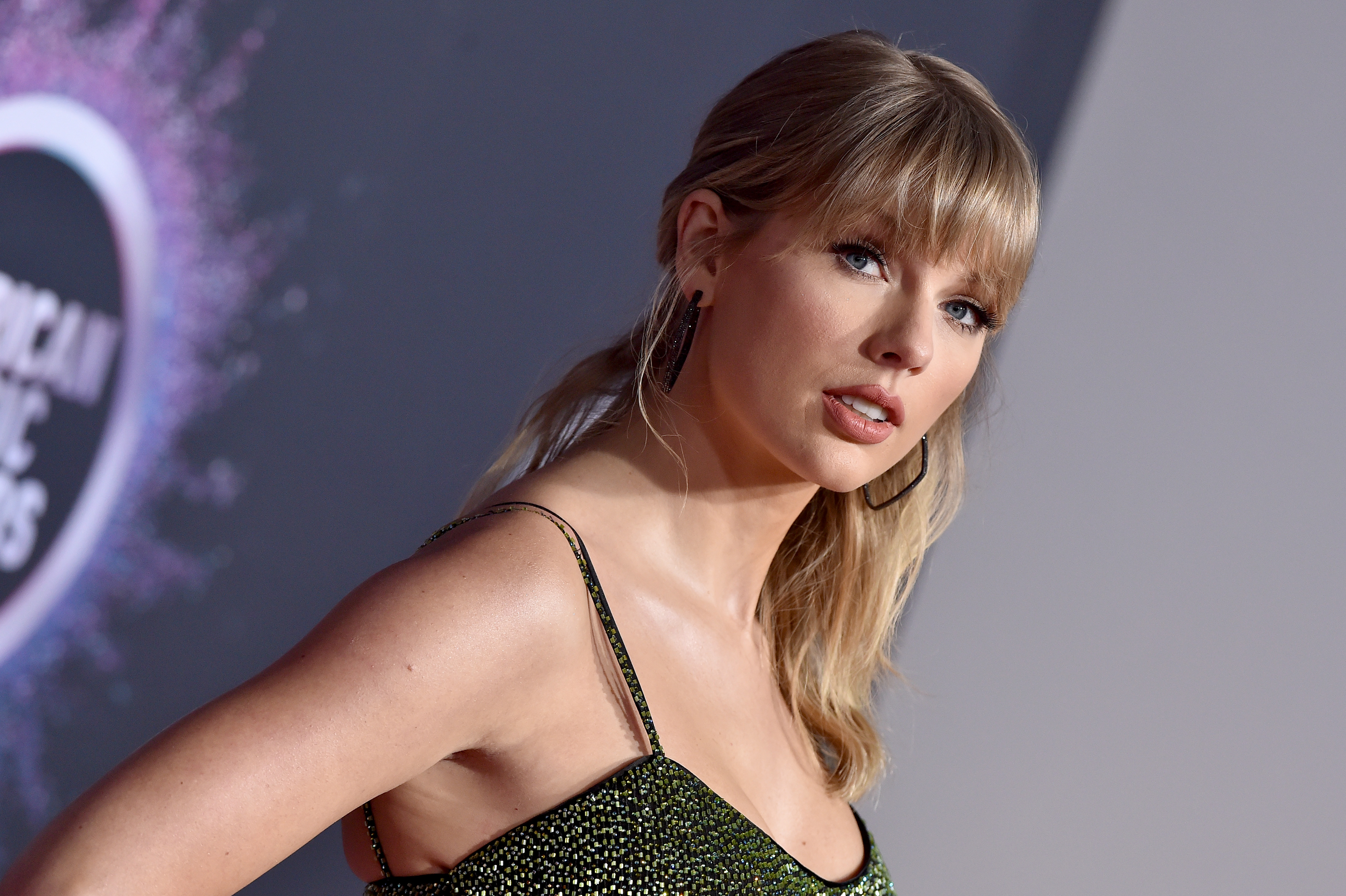
has publicly denied for her hit Shake It Off from a 2000’s girl group track.
The star is facing accusations from songwriters Sean Hall and Nathan Butler, who from their song Playas Gon’ Play.
The song, which was released in 2001 and performed by girl group 3LW, contains the lyrics ‘Players they gonna play, and haters they gonna hate.’
Meanwhile, Shake It Off features the lyrics: ‘The players gonna play, play. play, play, play and the haters gonna hate, hate, hate, hate, hate.’
Originally a judge had rejected the claim, saying the lyrics were too ‘unoriginal’ to be copyrighted, with Swift’s representatives calling the claim ‘nothing more than a money grab.’
However, District judge Michael Fitzgerlad said there were ‘enough objective similarities’ that the case should be trialed by a jury, with Swift now filing a motion declaring she had never even heard of 3LW’s song.

As reported by , Swift filed a declaration stating that neither she, nor her co-writers Max Martin and Shellback, had ever heard of Playas Gon’ Play before the lawsuit was filed.
She delved into the backstory of Shake It Off, explaining she wrote it about the ‘unrelenting public scrutiny of my personal life… and other forms of negative personal criticism.’
She said she learned to ‘shake [the criticism] off and focus on my music.’
Swift admitted she had previously heard the phrases ‘players gonna play’ and ‘haters gonna hate,’ but not in Hall and Butler’s song – instead, ‘uttered countless times to express the idea that one should shrug off negativity.’
The Grammy-winning artist went on to say that she had never heard the 3LW track because she was around 11 when it was released, and her parents did not allow her to watch MTV’s Total Request Live until she was ‘about 13 years old.’
Swift’s mother, Andrea Swift, confirmed this in her own statement, stating that she ‘carefully monitored both the television she watched and the music she heard.’
She also said that her daughter ‘did not attend sleepovers’ as a child as they lived rurally and ‘preferred having friends come over to our home.’
And Swift’s lawyer, Peter Anderson, called Hall and Butler’s claim as ‘particularly baseless’ even as it is ‘not unusual for a song to be met by litigants hoping for a windfall.’

Swift’s team had appealed the decision for the case to go to trial, with her lawyers arguing in December 2021 that Hall and Butler ‘could sue everyone who writes, sings, or publicly says “players gonna play” and “haters gonna hate”.’
They said: ‘To permit that is unprecedented and cheats the public domain.’
Swift’s team argued the two lyrics didn’t satisfy the ‘extrinsic test’ of proving substantial similarity, after a comparison of the materials.
When the judge refused Swift’s request to have the case dismissed, Hall and Butler’s lawyer Marin Bogorad said her clients were ‘moving closer to the justice they so richly deserve.’
It said the decision was ‘especially gratifying to them because it reinforces the idea that their creativity and unique expression cannot be misappropriated without any retribution.’




















